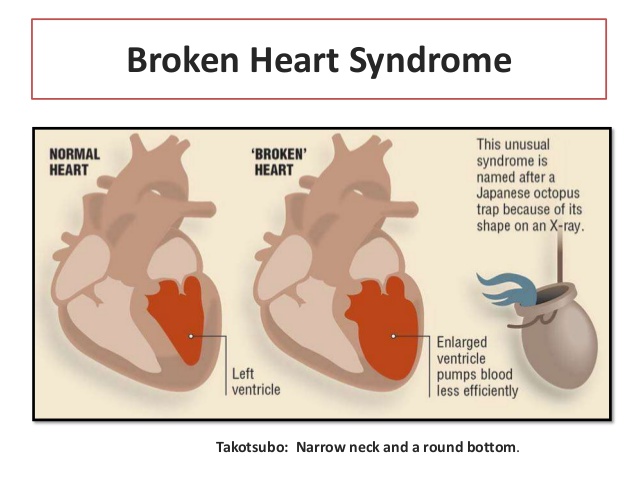Saint Luke's Muriel I. Kauffman Women's Heart Center Unique Hearts
Did you know?
- Heart disease is the number one health threat for women with an estimated 43.8 million women living with or at risk for cardiovascular disease.
- Heart disease is the leading cause of death in women over age 35.
- Women who experienced high blood pressure and/or diabetes during pregnancy, received chemotherapy or radiation cancer treatment, and those with polycystic ovary syndrome are at increased risk for heart disease.
- 80 percent of all women have at least one risk factor.
- Menopause is a potential risk factor for all women.
- Education and awareness are two of the major defenses we have against heart disease.
Heart Attack Symptoms in Women
Women are more likely than men to have a ‘silent’ heart attack, one without clear signs or symptoms and unrelated to chest pain.
Typical Symptoms:
- Crushing chest pain that radiates to the neck, jaw, and or down the left arm
- Nausea or vomiting
- Shortness of breath not associated with exertion
Atypical Symptoms:
- Unexplained exhaustion, fatigue, weakness
- Upper back or abdominal discomfort
- Discomfort in one or both arms
- Unexplained lightheadedness or dizziness
Heart Conditions in Pregnancy
Women who have heart conditions and become pregnant may be at higher risk of complications for themselves and their unborn child.
- Mothers may be at risk of worsening heart failure, arrhythmia, or emergent cardiac procedures.
- Pregnant women with known heart disease have an increased risk of preeclampsia, maternal hypertension, gestational diabetes, and pre-term delivery.
Saint Luke’s Heart Conditions in Pregnancy multidisciplinary team will closely monitor your pregnancy and create a delivery plan that is safe for you and your baby.
Myocardial Infarction with Non-Obstructive Coronary Arteries (MINOCA)
MINOCA is a syndrome that is characterized by clinical evidence of a myocardial infarction (heart attack) in the absence of obstructive coronary artery disease.
Coronary Artery Vasospasm is a sudden tightening (spasm) of the muscle inside the blood vessels causing the vessel to narrow and prevent blood flow to the heart muscle. While spasms can be brief, they can potentially cause a heart attack.
Microvascular Disease involves the smallest blood vessels of the heart. Pressure on the small coronary vessels may compromise blood flow to the heart muscle and results in chest discomfort (angina) and can potentially cause a heart attack.
Stress Cardiomyopathy, also known as ‘broken heart syndrome’ or Takotsubo cardiomyopathy, occurs when the heart’s main pumping chamber, the left ventricle, suddenly becomes weakened and changes shape as a result of severe emotional or physical stress such as the loss of a loved one, a serious accident, sudden illness, or natural disaster.
Cancer Treatment
Lifesaving cancer treatment (chemotherapy and radiation) can have a lasting impact on your heart health. Include a cardiologist as a member your cancer team.
- Chemotherapy agents can damage the heart muscle, causing heart failure.
- Radiation therapy can damage the heart muscle, valves, and coronary arteries.
Autoimmune Diseases
Autoimmune diseases such as psoriasis, lupus, and rheumatoid arthritis increase the risk of heart disease due to the chronic inflammatory process created by our immune system attacking the body’s own tissues. Ask your primary care provider how you can protect your heart health.
- More women than men have autoimmune diseases.
- A flare in an autoimmune condition may also contribute to a heart attack.
Post orthostatic tachycardia syndrome (POTS) is a disorder of the autonomic nervous system, the system that regulates involuntary processes in the body such as heart rate, blood pressure, sweating, and body temperature. A key sign of POTS is a marked increase in heart rate when standing.
Polycystic Ovary Syndrome (PCOS)
PCOS is a hormonal disorder that over time increases a woman’s cardiovascular risk due to:
- Type 2 diabetes (insulin resistance)
- High blood pressure
- Truncal obesity
- Abnormal cholesterol profile
Take a proactive role with your health care partner to manage your cardiovascular risks before they become a problem.
Contact Us
To learn more about the Women’s Heart Center, call 816-932-5784.
